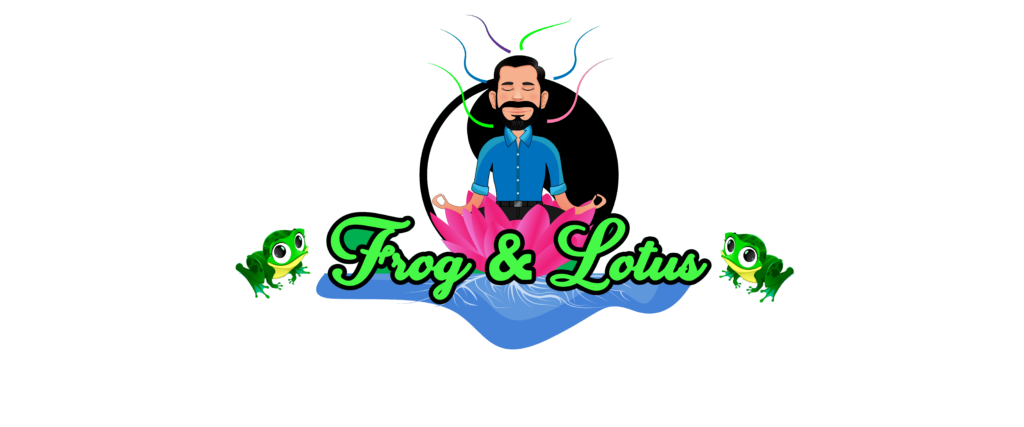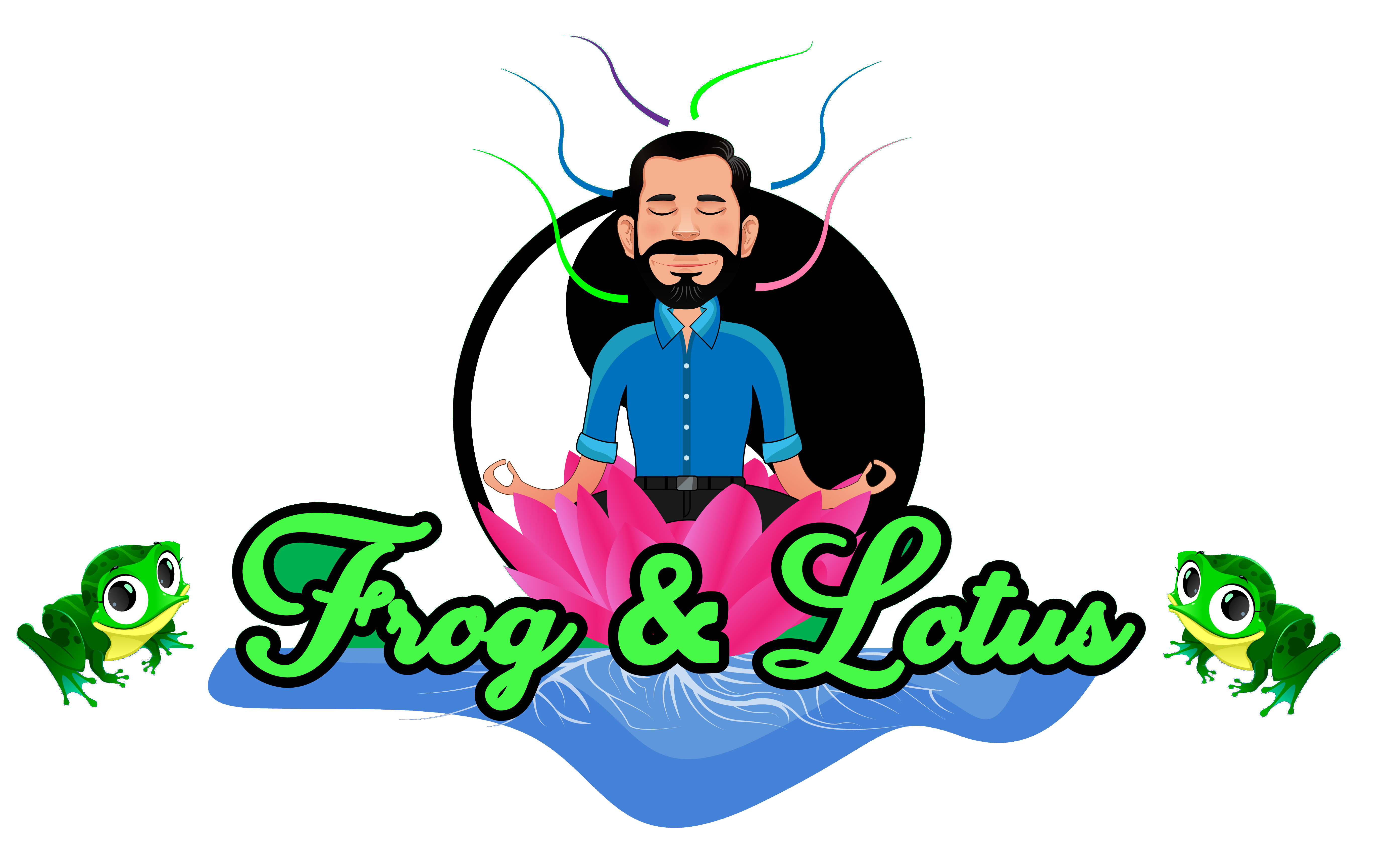Good evening, I`m a gospel recording artist. I worked with a producer. He did the musical component while I was doing the lyrics. At the beginning of the project, he suggested a 50/50 split for publication and I said yes because I thought it was right. However, after reading your blog, I don`t know if I should have accepted this. Please advise. I have not signed anything and the more knowledge I have, the more I want to check this question. Thank you B. Royalty rate (but (i) understand the basis on which the rate is applied: Ideally, this would be a cover or list price, but it can be a freight transmission (“bill price”) or a simple – and less favorable – net income, and (ii) if you are based on net income, ask what discount applies to their regular channels and what percentage of their revenue is associated with a lower discount) Just fear, to be in limbo because of the publishing agreement because the publishing house was taken over and became another company. Thank you Judd. Yes, you should never give up the rights to write/publish songs unless the actual co-writing takes place with the third party.
If you ever have any questions about music, feel free to email me at kdahl@murphyandcompany.com. The 3 main types of music publishing contracts are: -Understand more deeply “With royalties, there is a part of author and part of publisher. To simplify things, let`s say that every action is worth 100%. Thus, the author has a 100% pie chart and the editor has a 100% pie chart. If there are multiple authors on the track, they will divide the actions accordingly, 50/50 or 25/25/25/25 if there were 4 authors. Once the author`s approval is calculated, you can calculate the publisher`s share, or vice versa. A record company would normally own 100% of an artist`s publishing rights, but if you enter into a co-publishing contract, the label would only get 50% of your publishing business. To break it all down, if an artist negotiates a 50/50 split for publication and keeps 100% of the author`s share, then the artist will receive half of the publisher`s share and 100% of the author`s share. This would correspond to 75% of the total royalty payment. Releasing your own music means you can keep 100% of your royalties… [9] In the case of scientific books, the transfer or license of the publishing contract usually involves a monetary transaction: you receive a lump sum or royalties depending on the number of books sold, and the publisher receives the rights to control the price of the books (if they are not open access), the terms and conditions of publication of the book, if new editions or translations are created, etc. For detailed instructions on negotiating book contracts, see the Authors` Alliance Guide to Understanding and Negotiating Book Publishing Contracts, available free of charge on the Authors` Alliance website.
The author grants the publisher certain rights to his material for the duration of the contract. These rights may include the right to publish, communicate and distribute online, as well as to sublicense. These rights are granted only to this publisher. As long as the agreement exists, the author cannot grant anyone the same rights. The duration of the agreement may vary, some agreements may be perpetual or perpetual. If the license includes the right to sublicense, the publisher may grant the rights transferred to it to a third party. B for example to allow another publisher to publish the work in another territory. I have a lot of evidence, evidence of what they have said in the past. Email, WhatsApp messages, Facebook chat, etc., so our agreement was not verbal.
Could you please give me an example of what a written letter in which 100% of the rights are claimed from my publisher when our contract expires? Also ask for any payments due that are still missing. No language on what happens if the publisher does not make an immediate decision after this loss of the blocking period. Even if your publishing contract does not explicitly include a termination clause, you can still try to negotiate with your publisher for the withdrawal of rights, especially if your work is out of print or distributed. Publishers may be willing to return the rights to you if they don`t have future business plans for your work. Alternatively, there is a right (somewhat complicated to assert) that automatically flows from copyright laws. This is called termination of the transfer. I am a solo singer and I have edited an album of songs entirely written by a musician from my support group. My agreement with the label is that I get 13% royalties for record sales, so between record royalties, streaming and touring, who will make more money? Me or him? After recording his songs, do I still have to pay him to play them live? If so, what percentage for each song? In the case of music publishing, the focus is not on printed or recorded works.
.

